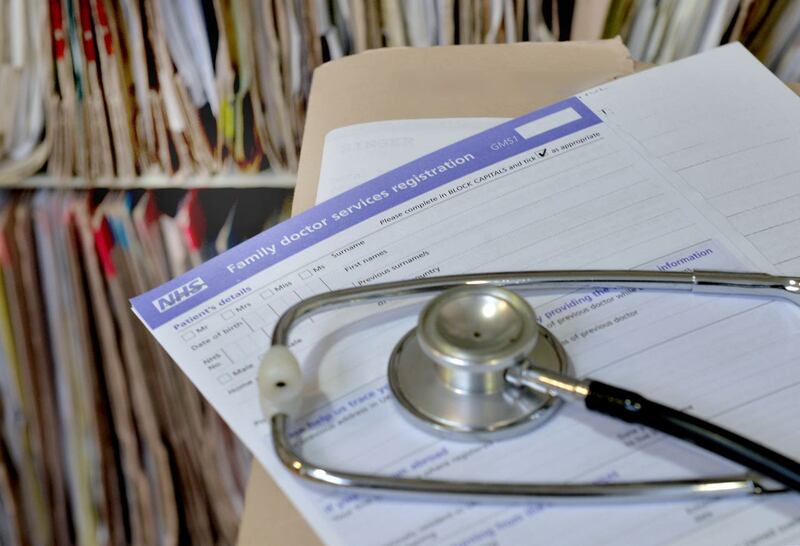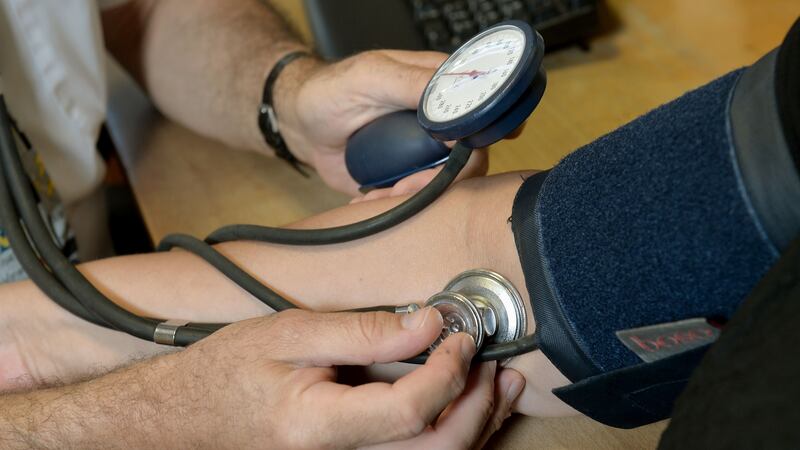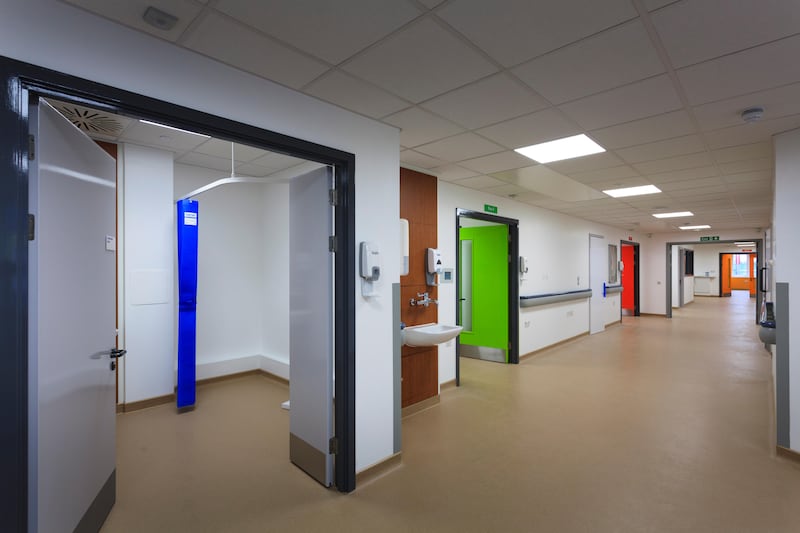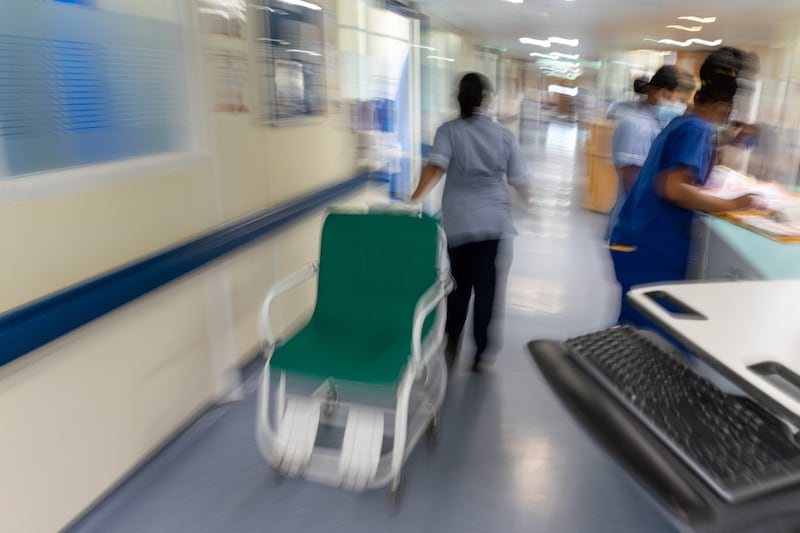Screening for heart failure by GPs and follow-up after diagnosis are “sub-optimal” in the UK, researchers have suggested.
A new study, published in journal PLOS Medicine, reveals “important gaps” in the medical care received by patients with the condition, particularly among women, old people and those from a low socioeconomic background.
The researchers, from the University of Oxford, said poor record-keeping in primary care and inadequate communication between hospitals and GPs could partly be to blame.
“Heart failure is a severe condition and early diagnosis is crucial for doctors to rapidly initiate life-saving medications,” lead researcher Dr Nathalie Conrad said.
“Our findings suggest out-of-hospital screening for early signs of heart failure and follow-up are sub-optimal, and women and older patients are particularly vulnerable to these shortcomings in current heart failure care.”
The Royal College of GPs said heart failure is “notoriously difficult to diagnose” in the primary care setting and called for better access to tests to help detect the condition early.
The researchers analysed the health records of more than 93,000 people who were diagnosed with heart failure in the UK between 2002 and 2014.
They examined the care patients received from the point of diagnosis to one year later.

In more than half (56%) of cases a heart failure diagnosis was first recorded during hospitalisation rather than a doctors’ appointment, the study found.
The proportion first diagnosed in an outpatient setting dropped from 56% in 2002 to 36% in 2014.
Less than one in five (17%) of patients diagnosed in hospital and discharged alive had their heart failure recorded by their GP in the next 12 months, the research also found.
Meanwhile, doses of key medicines prescribed to patients were also found to be below recommended guidelines in many cases.
These “gaps in care” were more common in women, people over the age of 75, and deprived populations, the researchers said.
Women were 13% less likely than men of the same age to receive a prescription for two key drugs, which can help manage heart failure, within three months of diagnosis, the study found.
They were also 9% less likely than men of the same age and socioeconomic background to be first diagnosed with heart failure by their GP.
Around 2% of the population in high-income countries are affected by heart failure, which can lead to disability and death.
Professor Helen Stokes-Lampard, chairwoman of the Royal College of GPs, said: “GPs understand the importance early diagnosis and are highly-trained to look out for the symptoms of heart disease, but it is notoriously difficult to diagnose in primary care as its early symptoms are often vague and can mimic more common conditions.
“GPs need better access to diagnostic tests, so that when we do suspect heart disease, we can swiftly diagnose it, but as this study shows, these are hard to come by in the community and access can be patchy across the country.
“Access to appropriate tests would not only ensure that more people with heart failure get the treatment they need, but also that patients who don’t have it are spared unnecessary trips to hospital, and instead monitored where they’d prefer – at home, in the community.”








